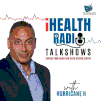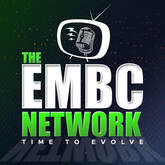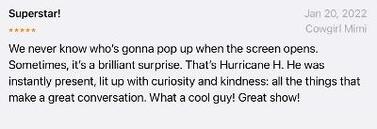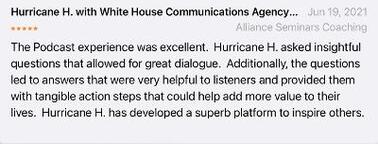|
In self-insurance, an organization assumes the financial risk of providing insurance coverage for its own employees or assets, rather than purchasing traditional insurance policies from external insurers. Here's how self-insurance typically works:
Overall, self-insurance can be an effective risk financing strategy for organizations that have the financial resources and risk tolerance to assume their own insurance liabilities.
0 Comments
Leave a Reply. |
AuthorA seasoned healthcare sales executive and a leader with 26 years of Health Insurance and Managed Care experience, a strategist, innovator and motivator with a vast and deep understanding of Managed Care Organizations and the health insurance industry and its critical nuances and complex design.. Archives
June 2024
Categories |
AS SEEN ON
DISCLAIMER: The information provided in our programs including health shows, discussions on fitness, wellness, business, and any other topic we engage with and address, is for informational, sharing resources and entertainment purposes only. It is not intended as a substitute for professional advice, consultation, or guidance. Viewers should always seek the advice of qualified experts or professionals in the respective fields before making any decisions or taking any actions.
While we strive to provide accurate and up-to-date information, we make no representations or warranties of any kind, express or implied, about the completeness, accuracy, reliability, suitability, or availability of the information contained in our health shows or discussions on other topics. Any reliance you place on such information is therefore strictly at your own risk.
We strongly encourage viewers to do their due diligence and independently verify any information presented in our health shows or discussions on other topics before making any decisions or taking any actions. This includes consulting with appropriate experts or professionals who can assess your specific situation and provide personalized advice.
We, THE EMBC NETWORK and its channels, affiliates, officers, directors and guests shall not be held liable for any loss or damage, including but not limited to, indirect or consequential loss or damage, arising from the use of, or reliance on, the information presented in our health shows or discussions on other topics.
By accessing and viewing our programming and shows or participating in discussions on other topics, you acknowledge and agree to the terms of this disclaimer and take full responsibility for any actions you take based on the information provided.
While we strive to provide accurate and up-to-date information, we make no representations or warranties of any kind, express or implied, about the completeness, accuracy, reliability, suitability, or availability of the information contained in our health shows or discussions on other topics. Any reliance you place on such information is therefore strictly at your own risk.
We strongly encourage viewers to do their due diligence and independently verify any information presented in our health shows or discussions on other topics before making any decisions or taking any actions. This includes consulting with appropriate experts or professionals who can assess your specific situation and provide personalized advice.
We, THE EMBC NETWORK and its channels, affiliates, officers, directors and guests shall not be held liable for any loss or damage, including but not limited to, indirect or consequential loss or damage, arising from the use of, or reliance on, the information presented in our health shows or discussions on other topics.
By accessing and viewing our programming and shows or participating in discussions on other topics, you acknowledge and agree to the terms of this disclaimer and take full responsibility for any actions you take based on the information provided.
'Privacy Policy for Mobile App Usage on iOS and Android Platforms'
|
 RSS Feed
RSS Feed



























